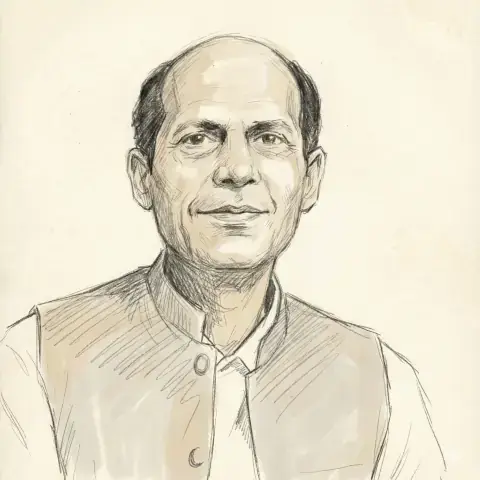ISLAMABAD: The general elections, which would otherwise be due by November 8 if the National Assembly is dissolved on August 9, may now be delayed “for months” in the wake of the decision taken by the Council of Common Interests (CCI), sources told Dawn on Saturday.
Interestingly, both the PML-N led federal government and the Election Commission of Pakistan (ECP) have changed their declared positions on fresh delimitation, setting the stage for the next elections to be delayed beyond 2023, possibly up to Spring 2024.
A senior ECP official, when asked about the commission’s position following approval of final census results by the CCI, told Dawn the commission was now legally bound to go for fresh delimitation, which would take at least four months.
“It’s a constitutional requirement and we will have to do it,” he remarked. The details will be worked out by the commission in a meeting, which would be held after they received the official notification, he said.
Under Section 17(1) of the Elections Act, the commission is to delimit territorial constituencies for elections to the National Assembly, each Provincial Assembly and to the local governments and is to delimit constituencies afresh after each census that is officially published.
Another official said the commission will also be required to update electoral rolls and take other related steps, indicating that the entire exercise may be postponed until March or April of next year.
This ostensibly means that much like the situation in Punjab and KP, the incoming caretaker set-up at the Centre and in Sindh and Balochistan will also be installed for an extended term.
Last month, at least two federal ministers had claimed last month that the official results of the digital census would not be notified and polls will be held on time.
On July 26, when a bill to give greater powers to caretakers was passed at a joint sitting of the parliament, Minister for Economic Affairs Sardar Ayaz Sadiq, who also headed the panel on electoral reforms, had brushed aside the impression that there was any move to install caretakers for a longer time.
On July 20, key ECP officials had also ruled out any delay in general elections, saying that the polls would be held before October 11 if the national and two provincial assemblies were not dissolved before expiry of their term on August 12.
Speaking at a press conference, ECP Secretary Omar Hamid Khan and Special Secretary Zafar Iqbal Hussain had claimed the ECP was fully prepared to hold elections, be it within 60 days or 90 days. They had also ruled out the possibility of fresh delimitation of constituencies prior to the electoral exercise and said elections would have to be held under the previous census and delimitation.
“The general elections 2023 for the national and provincial assemblies will be conducted as per the limits of the constituencies published by the Commission on August 5 last year,” according to the action plan for general elections prepared by the ECP, seen by Dawn.
But the CCI meeting’s approval of the final census results has changed all of that.
Legal complications
Seats in the National Assembly are allocated to each province and federal territory based on its population as per the last officially published census, under Article-51(3) of the Constitution, meaning that any alterations to the composition of the legislatures — which may become necessary after fresh delimitation — would require a constitutional amendment, which won’t be possible in the absence of the assembly.
Article 51(5) of the Constitution provides that seats in the National Assembly shall be allocated to each province, federal territory and the capital, on the basis of population, in accordance with the last preceding census officially published.
And then, even if the incumbent assembly were in session, its current strength is insufficient to pass an amendment to the Constitution, given that PTI lawmakers are no longer present in the house.
So this means that in a house of 342, at least 228 members’ assent is required to pass a constitutional amendment. The current assembly is clearly short of that number.
Published in Dawn, August 6th, 2023




































